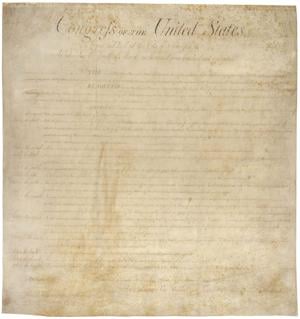In an increasingly fractured information landscape, the fundamental question of where we source our news has become paramount. As traditional media grapples with evolving consumption habits, a new debate emerges: should we place our trust in established journalists or the burgeoning world of digital influencers for reliable information?
A pivotal moment highlighting this shift occurred early in a recent presidential administration, which controversially extended press passes to “new media” personalities, commonly known as influencers. This decision marked a significant departure from established protocols, where such accreditation was traditionally reserved for professional journalists affiliated with recognized news organizations, underscoring a changing paradigm in media access.
The First Amendment of the U.S. Constitution unequivocally protects freedom of speech and the press, serving as the bedrock for a robust media environment. While this protection ensures a diverse array of voices can contribute to public discourse, it also raises critical questions about the distinct responsibilities and ethical frameworks that govern different types of information disseminators in a free society.
The digital age has irrevocably transformed news consumption, with social media now surpassing traditional platforms as the primary conduit for public access to information. This profound shift means that for many, their understanding of current events is increasingly shaped by algorithms and curated content from individuals outside conventional journalistic structures, blurring the lines between news and entertainment.
While influencers may project an image of independence, their core operational model often revolves around commercial interests. Functioning as “walking billboards,” they derive income from brand deals and paid sponsorships, making them, at their essence, sales professionals. Crucially, they lack the accountability to editorial boards or editors who uphold standards of transparency and factual accuracy, a cornerstone of reliable reporting.
Conversely, professional journalists are bound by a rigorous code of journalistic ethics, instilled through training and reinforced by their editorial oversight. Despite news organizations also having business aspects, their reputations and legal liabilities necessitate meticulous fact-checking and adherence to principles like impartiality and fairness, ensuring a higher standard of public trust.
The distinction extends to their professional conduct; journalists must avoid conflicts of interest, never accepting gifts or brand deals that could compromise their objectivity. They are motivated to seek diverse viewpoints and provide balanced reporting, a practice not inherently driven by the influencer’s business model, which prioritizes engagement and commercial gain.
Despite these critical differences, advocates for new media argue that independent creators can achieve similar levels of transparency and truthfulness as traditional reporters. It is indeed true that established news outlets interpret general journalistic guidelines within their specific editorial missions, leading to variations in approach and emphasis.
In this era of readily available publishing tools, where anyone with a camera and charisma can quickly amass a following, the imperative for media integrity is greater than ever. The critical challenge remains: how do we discern reliable, unbiased information when the lines between news, opinion, and commerce are increasingly blurred, and whom do we ultimately choose to trust to inform our understanding of the world?






Leave a Reply